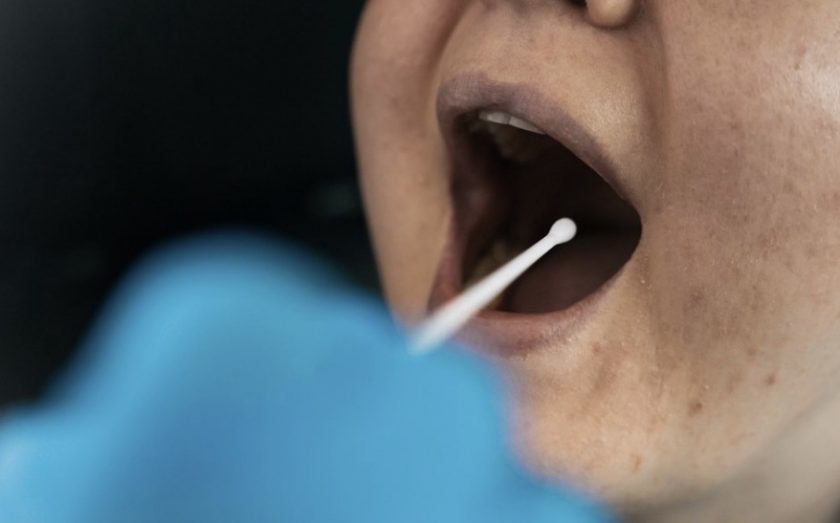Changes announced to routine covid testing in hospitals across Wales

Covid testing in hospitals across Wales is to change as part of the Welsh Government’s plan to “learn to live with the virus”.
The changes will affect pre-admission testing for elective procedures, admission for unscheduled care, post-admission testing for asymptomatic and symptomatic patients, and discharge testing arrangements.
Routine testing in hospital settings has taken place over the last two years.
However the Welsh Government say that a change in approach is being taken due to the effectiveness of the vaccine and new anti-viral treatments have helped to reduce the severity of disease, particularly for those who are most likely to be at risk of adverse outcomes.
Pre-admission testing will remain, but the type of test will be based on the patient’s individual risk from infection.
The changes to testing will see asymptomatic patients who are having a surgical procedure or chemotherapy tested using a PCR or Point of Care Test (POCT) 72 hours before admission and asked to self-isolate until their procedure.
For some asymptomatic low risk patients being admitted for low-risk procedures, Health Boards may decide a negative LFD on or just before admission may be sufficient.
Testing on unscheduled admission will also see changes, with patients with respiratory symptoms being tested for a range of illnesses (COVID-19, Influenza, RSV as a minimum) on one PCR or POCT swab.
Patients without respiratory symptoms should be tested for COVID-19 only, using a LFD on admission.
Asymptomatic testing will also see changes. In line with changes in the general public and in care settings, after patients are admitted, no further routine asymptomatic testing is advised unless a local decision deems it necessary.
Symptomatic testing will continue, with patients who develop symptoms being tested with a PCR or POCT for COVOD-19, Influenza, RSV or a full multiplex as clinically directed.
It is hoped the changes will support health boards’ risk mitigation strategies and provide a significant boost to routine and emergency care in hospital settings, as well as the flow of patients through hospital treatment and, for some, their discharge into social care.
The testing changes are being made to support health boards balance the risks from the virus alongside the need to deliver routine and emergency healthcare safely, as well as the impact that testing regimes have on individual patient’s care.
Health boards are being encouraged to work with care home providers on discharge testing arrangements.
Patients who have tested positive for COVID on or since admission can assume non-infectivity when:
- Symptoms have resolved, absence of a fever, PLUS
- 10 days have elapsed OR
- a locally decided testing protocol is used to reduce the isolation period down from 10 days in patients who meet the clinical criteria above. These tests can be LFD or other rapid antigen detection tests. Patients should have two negative tests taken 24 hours apart as well as showing clinical improvement as above, before being moved out of isolation and discharged.
- Asymptomatic patients who have not previously tested positive for COVID to be tested within 24 hours of planned discharge to the care facility.
- Appropriate rapid PCR/POCT for COVID-19 can be used in the absence of LFD testing.
The changes to testing in hospital settings are being made now as during high community incidence of the virus, there has been a relatively modest impact on hospital admissions and mortality, whilst the extent of nosocomial associated mortality has also significantly reduced.
The advice that all patient facing health care staff should test using LFDs twice weekly is regularly reviewed and continues to be advised.
Health Minister Eluned Morgan said: “The pandemic has not gone away and we are still learning to live with COVID-19, but the current public health situation allows us to make appropriate changes to the testing regime that supports Health Boards to implement the necessary infection prevention and control (IPC) strategies that will have a positive impact on routine and emergency care.
“We are making these changes based on the best scientific, public health and expert evidence available at this time, changes that enable local decisions to support the best possible patient care.
“Thanks to our incredible vaccination programme the risk to the NHS of being overwhelmed is now greatly reduced and we can make changes to the testing regime within the context of other infection prevention and control measures.”
Spotted something? Got a story? Email [email protected]












